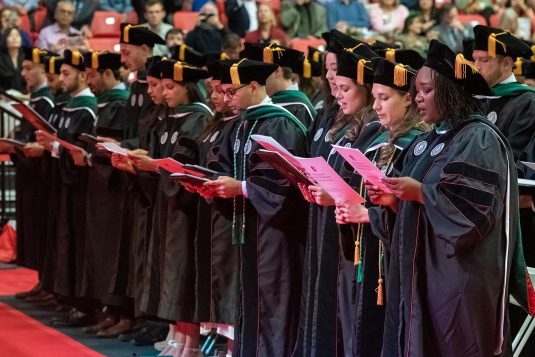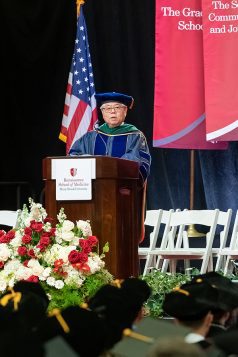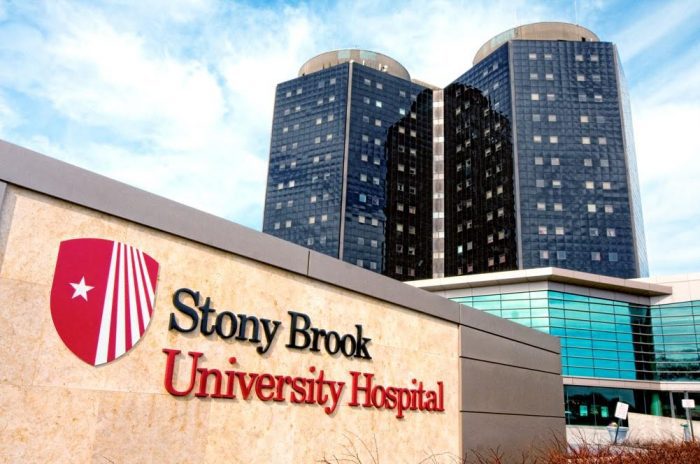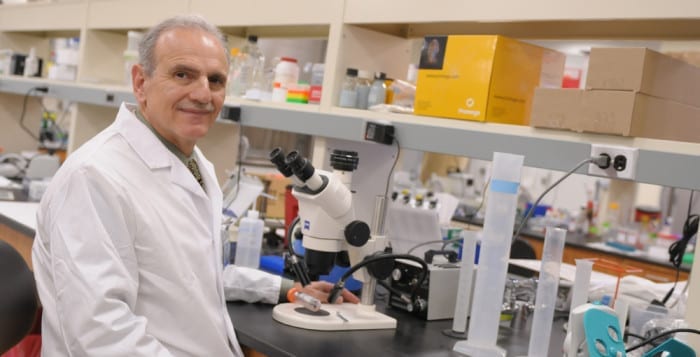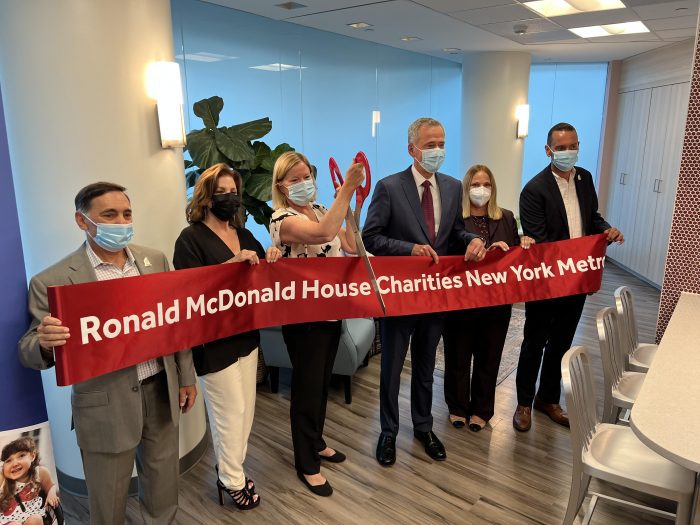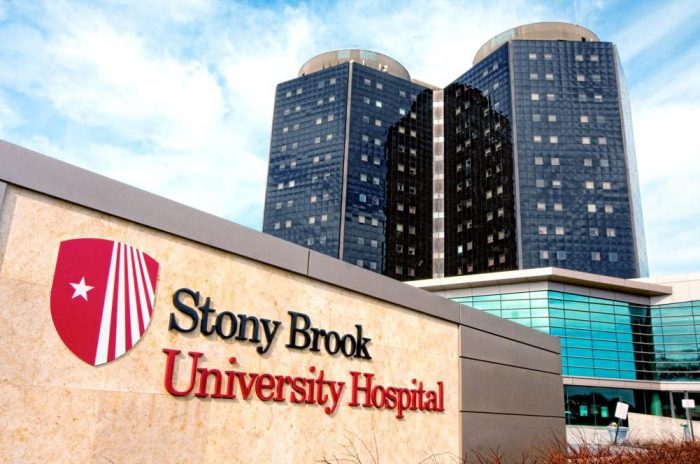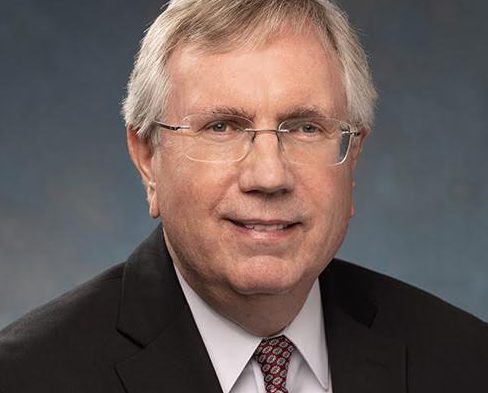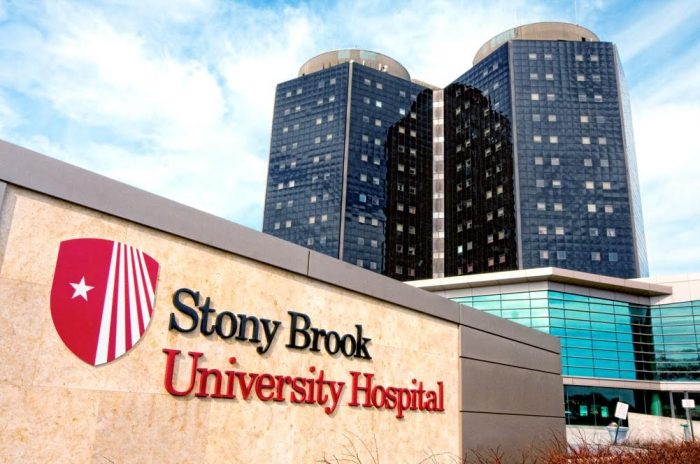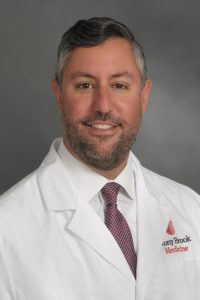127 RSOM graduates begin residencies in summer; one-quarter will stay at SB Medicine, others to practice in NY and all over the country
The Renaissance School of Medicine (RSOM) at Stony Brook University celebrated its 49th Convocation on May 17 by conferring MD degrees to 127 graduates who will begin their first assignments as resident physicians this coming summer. Collectively, they will practice in New York State and 19 other states. Approximately one-quarter of the class will be residents at Stony Brook Medicine locations.
Peter Igarashi, MD, presided over the convocation for the first time as Dean of the RSOM. He also led the graduates in reciting the Hippocratic or Physicians’ Oath for the first time as MDs. John M. Carethers, MD, Vice Chancellor for Health Sciences, University of California, San Diego, delivered the Convocation Address.
“All of you are beginning a career in medicine when the need for physicians has never been greater, and the skills you have learned while at Stony Brook have laid the foundation for your career,” said Hal Paz, MD, MS, Executive Vice President for Health Sciences, Stony Brook University, and Chief Executive Officer, Stony Brook University Medicine, who delivered the welcome remarks.
“Among you, we have future residents in internal and emergency medicine, anesthesiology, neurology, psychiatry, and pediatrics, to name just a few – all committed to providing compassionate, patient-centered care in a wide range of communities. I’m delighted to learn that a majority of you are staying in New York, with many beginning your careers right here at Stony Brook.”
One of the new graduates who will remain at Stony Brook Medicine as a resident in Emergency Medicine is Erin Lavin. Remarkably, she gave birth just a day before the Convocation and was on hand – with baby girl – at the ceremony.
“For most of you, almost your entire medical school education has taken place under the oppressive cloud of the Covid-19 pandemic. This is certainly not what you signed up for when you arrived in 2019,” said Dr. Igarashi. “When the pandemic struck New York, you rapidly pivoted to remote learning and social distancing. When in-person clerkships were again permitted but vaccines were not yet widely available, you bravely came into the hospital to learn how to take care of patients. Your resilience and dedication have brought you here today.”
The graduates join more than 5,800 Stony Brook alumni who earned their MD degrees from the RSOM. This latest group of newly minted physicians joins the healthcare workforce in a post-pandemic era that requires a continuing need for more physicians because of such trends as aging populations, the prevalence of chronic diseases, and new long-term illnesses emerging from the pandemic. The transformation of healthcare such as the growth of telemedicine and more specialty care services will also broaden these new physicians’ opportunities.
Primary Care services such as Medicine and Pediatrics will remain as needed and growing practices in our society. According to an Association of American Medical Colleges (AAMC) 2021 report, our country faces primary care shortages ranging from 21,000 to 55,000 practitioners over the next decade. A significant portion (21 percent) of the graduates will enter primary care fields starting with their upcoming residencies.
Some of the new graduates moved into the field of medicine more quickly than the traditional four years. The RSOM’s 3-year MD program continues to add students. This year, 11 students graduated from that track, the highest number in the school’s history.

